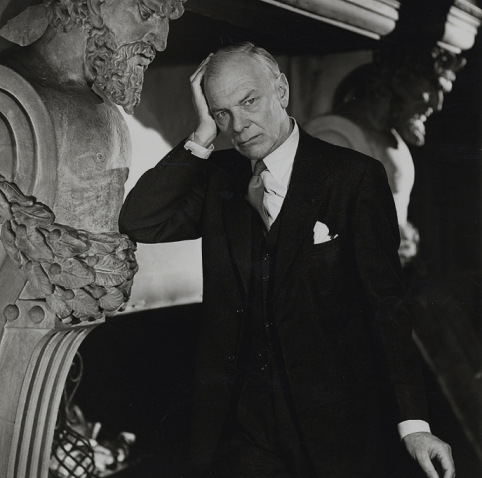Need an effective mediator?
There are six qualities you should demand.
Expertise in Mediation
People who do not fully understand how mediation works often assume that a mediator should be an expert in the subject matter of the dispute.

Years ago, I received a phone call from a mediation organisation. The caller said:
We’re looking for a mediator who knows a lot about rare postage stamps and is an expert in Swiss law.
Gobsmacked, and conscious that there probably were very few (if any) people in Australia who satisfied these criteria, I asked what the dispute was about. The caller said:
It’s a claim by a Swiss auctioneer. He auctioned a large collection of rare stamps.
The buyer has refused to pay the auctioneer’s commission because he claims to have discovered after the auction that some of the stamps are fakes.
I said,
It’s a contract claim. I can mediate that.
And I did.
I know nothing about rare postage stamps or Swiss law. That mattered not. Mediating the dispute required no knowledge of stamps; they simply happened to be the thing that had been sold at auction. It could equally have been pomegranates rather than postage stamps. And, because the terms of the auction were set out in a form signed by the buyer, conducting the mediation required no knowledge of Swiss contract law.
Why had the mediation organisation assumed that the mediator had to know about rare stamps and be an expert in Swiss law? It was because they assumed, perhaps without thinking about it, that the mediator would have to form and articulate views about (1) whether the stamps in fact were fakes; and (2) if they were, what impact, under Swiss law, this might have on the buyer’s obligation to pay the auctioneer’s commission.
In other words, they assumed that the mediator would, at the very least, evaluate the strength of the parties’ factual and legal claims and articulate that evaluation to the parties. Perhaps they also assumed that the mediator would play a quasi-adjudicative role.
Of course, I did neither of these things. Yes, I inevitably formed views about who was right on the factual and legal issues but, no, I scrupulously abstained from even hinting to the parties what my views were. Had I told them what my views were, I would have suffered an instant loss of impartiality in their eyes–and this would have happened whether my views favoured them or disfavoured them.
In a party’s eyes, a mediator has only three things going for them: Intelligence, Integrity and Impartiality. If during the mediation, you do something that causes a party to decide that you lack any of these qualities, you might as well go home. Why? Because you have lost your effectiveness as far as that party is concerned.
If I couldn’t express my views on whether the stamps were fakes and, if so, whether Swiss law required payment of the auctioneer’s commission, what could I do? Answer: Employ all the techniques of a skilled mediator:
Find out what the dispute really was about. (It transpired that the buyer, for unrelated reasons, had suffered a sudden loss of liquidity and no longer could afford to pay the commission.)
Once this came out, plus the fact that the stamps had increased in value since the auction, there were multiple options available to settle the dispute.
I explored the available options in private sessions with the parties and then with them together in a joint session.
They rapidly agreed to re-auctioning the stamps and using the proceeds to pay the commission.
I helped the parties’ lawyers document the agreement; we all shook hands; and they went home happy.
You will have noticed that the issues of whether the stamps were fakes and, if so, whether Swiss law required payment of the auctioneer’s commission turned out to be sublimely irrelevant. This was because they were not what the dispute really was about. As Malcolm Muggeridge famously once said,

No dispute is about what it’s about.
You will have also have noticed that, had I known anything about rare stamps or Swiss law and, had I been so imprudent as to express my views to the parties about either, the dispute probably would have not have settled at mediation. I would not only have lost my impartiality in the eyes of both parties, but–by suggesting a win-lose outcome based on legal rules–I would have distracted them from finding a win-win solution to the real dispute between them.
So, if you want an effective mediator, ask prospective candidates which is more important in mediation: Knowledge of the subject matter of the dispute or mediation skills and experience. You now know whom to reject!